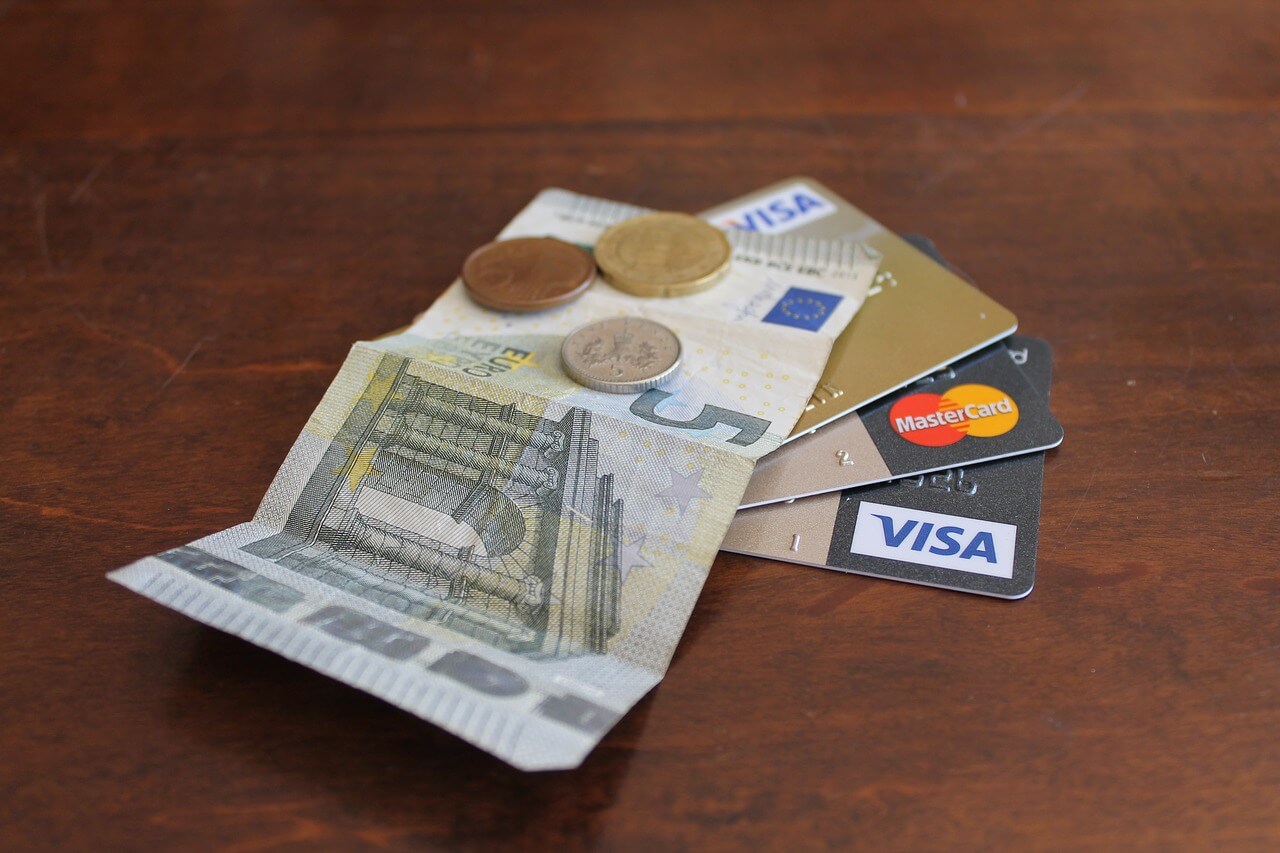It functions essentially in the same manner as a bank account with money in it, with the exception that you must pay interest on the money you remove. At the risk of repeating myself, this is a loan. As a result, there is a debt (when you dip into it). If you think a line of credit is just a fancy way of saying "invisible credit card," you're incorrect.
There are several types, including secured and unsecured loans, mortgages, personal loans, and even school loans. They are all subject to terms and conditions, as well as rules and regulations, which you should explore with a financial advisor before making a decision. It's a good idea to examine this before talking about "easy money."
So, let’s find out in detail about credit cards vs credit lines and find out the pros and cons of these individual schemes!
Five key distinctions between these two schemes!
1. Use
Do you want to purchase firm equipment or build up an emergency fund in the event that things don't go as smoothly as you expected? Do you want to establish a business or put money aside for a rainy day? You will find that a line of credit will be more beneficial to you in this situation because of its flexibility.
You can transfer a portion of this margin to your current bank account, which you can then use to make purchases with a debit card or withdraw cash from a bank machine as needed. In a nutshell, receiving payments in a timely manner is rather simple.
For those looking for a convenient way to pay for frequent purchases, a credit card makes more sense because it offers several consumer advantages that a line of credit does not, such as cashback and rewards programs. Take into consideration the following: An extended warranty option is offered as well as purchase protection, as well as incentives in the form of points or cash.
2. The credit limit!
One significant advantage of using margin is that you may frequently be granted a bigger credit limit than you would obtain if you used a credit card. If you are a medical student who has already been courted by several banks with enticing incentives to become a member of their bank, this is an excellent example to consider.
A big sum of money such as this may prove beneficial for you in the future when you embark on more ambitious projects. At this point, we are most likely thinking about your academics, a home, or even a company venture that you are starting.
Furthermore, if you wish to use this margin to make a cash advance, you should not be restricted to a daily limit, as you would be with a credit card, as you would be with a bank account.
3. The interest rate
If you're tired of paying high monthly interest rates (often between 19 and 22 per cent) on your credit card, a line of credit might be quite useful. A line of credit often has a lower interest rate than a standard loan. Keep in mind that interest on a line of credit is calculated from the date of borrowing, and you only pay interest on the amount of money borrowed from your creditor.
On the credit card front, you have a grace period of 21 days before interest and fees are applied to the entire amount of your card purchases. As a consequence, you may use your margin to pay down your credit card balance, and if you can't completely discharge your responsibilities, you'll pay less monthly interest. A $5,000 load on a credit card with a 20% interest rate, for example, will cost you at least $1,000 in interest every year.
With a 5% margin, the identical loan will cost you only about $250 in interest over the course of a year. You will save $750 because you will pay less interest, allowing you to pay off your debt faster. You just have to be careful not to keep using your credit card in the same way you were since doing so is a definite way to get yourself into debt.
4. Payment and fees
When it comes to margin loans, the bare minimum monthly payment is typically equal to the entire monthly interest payable or a defined fraction of the amount outstanding. You will never be able to pay off your debt if you only pay the interest!
A line of credit makes it much simpler to overspend than a credit card, possibly even more so than a credit card. Both scenarios need prudence and planning, but while using a line of credit, you must be considerably more cautious.
5. Benefits
If you make frequent purchases, a credit card is far superior to a line of credit. Many credit cards include benefits such as cashback or travel insurance. It is therefore essential to identify your demands before applying for a card in order to choose the one that best suits you. Furthermore, carefully read your agreement; you don't want to end up paying annual fees for things you don't utilise!
In short, both products offer benefits and drawbacks. Just bear in mind that credit is not "free money," and that even a modest amount of interest may play tremendous tricks on you.
Professionally Repair Your Credit with Advance Credit Repair
We can help with:
- Inquires
- Charge Offs
- Collections
- Bankruptcies
- Late Payments
- Public Records
- Student Loans
- Foreclosures
- Medical Bills










 It doesn't matter that you want to become strong! There's no need to compare yourself to them! The others are themselves and you are yourself! The answer to your life are all within you!!
It doesn't matter that you want to become strong! There's no need to compare yourself to them! The others are themselves and you are yourself! The answer to your life are all within you!!
No comments
Post a Comment